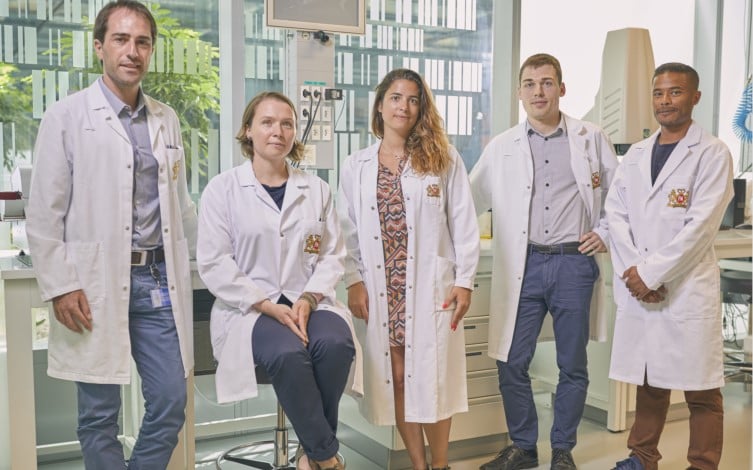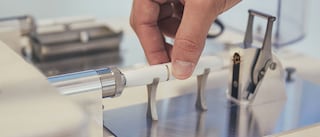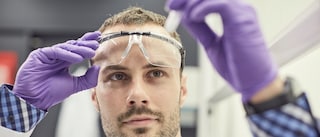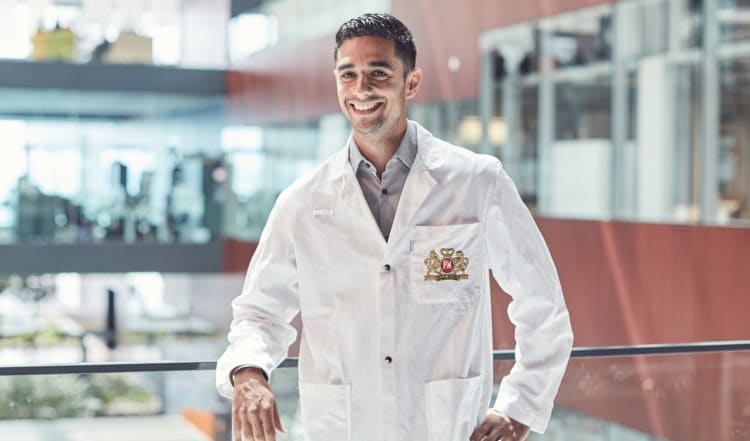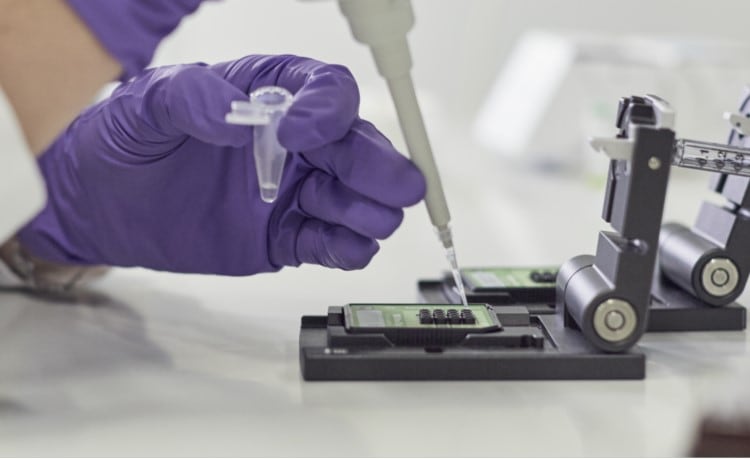Delivering a smoke-free future, in which all adult smokers who would otherwise continue to smoke switch to smoke-free products and abandon smoking, has required a profound transformation of the business model and business organization. This in turn has required new high-level skills, as the scientific evaluation and validation of better alternatives to cigarettes is essential.
Consumers and regulators alike deserve accurate, evidence-based, science-driven information to make informed decisions. That is why, since 2008, we have invested over USD 14 billion in the development, research, marketing, and commercialization of our smoke-free products. Today, more than 1,460 scientists, engineers, and technicians work on the development of these products in our innovation centers.
In addition, we work with an extensive network of scientific partners in more than 30 locations around the world and, as a result of advances in R&D and related innovations, by the end of 2024 we had registered 4,250 patents for our smoke-free technologies. According to the European Patent Office (EPO), Philip Morris International ranked 45th in terms of patents filed in 2018 (fourth among FMCG companies), increasing the number of European patents filed by almost 30 percent compared to the previous year.
The science of PMI
All our R&D efforts are aimed at creating products that are proven to be less harmful than cigarettes for adult smokers who would otherwise continue to smoke. We have strict scientific standards, follow a rigorous evaluation programme, and accept independent verification of our scientific findings.
We share our methodology and findings with scientific experts and regulators through scientific publications, conferences, and our PMI Science website. The latter is a Philip Morris International platform where we publish and disseminate scientific information from our studies for use by scientists, the health community, and other stakeholders.
We follow a rigorous scientific validation process
Our research is based on widely accepted assessments and studies in the field of toxicology, using the innovative practice-based approach of systems toxicology for risk assessment. This scientific evaluation process consists of several stages, from initial product development through clinical trials to post-marketing surveillance.
Dialogue with scientific societies
Constructive conversations between scientists and researchers are an essential part of achieving the transformation of our industry as soon as possible and building a smoke-free future that reduces the negative effects of cigarette smoking. In this context, independent studies and research into new alternatives play a crucial role, and we believe it is important to continue to share data and results with the scientific community to ensure the advancement of technological and scientific development. The continuous and transparent sharing of the scientific evidence developed to date in our innovation centres has enabled numerous regulatory bodies around the world to conduct independent reviews of our results, enriching them with new knowledge and information.
"The Cube": the Philip Morris research center
Built in 2009 in Neuchâtel, Switzerland, and the result of a USD 120 million investment, “The Cube” is Philip Morris International’s main research center dedicated entirely to the study, testing and scientific evaluation of smoke-free products.
